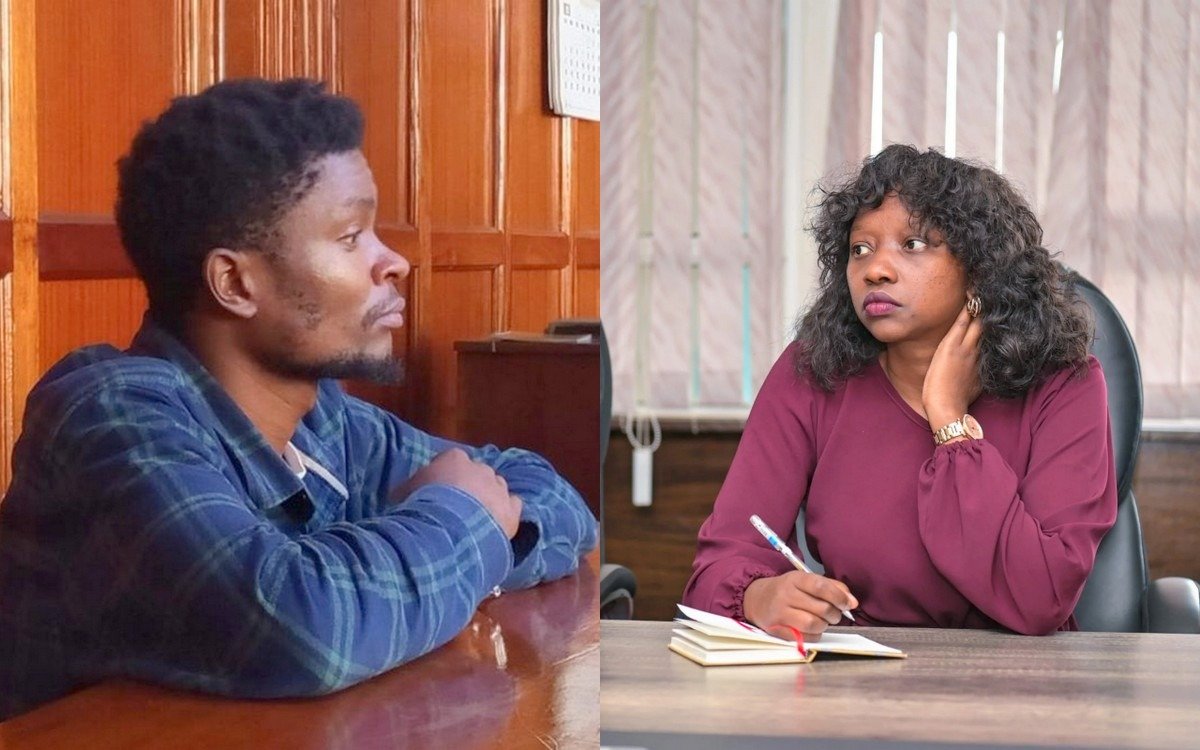NAIROBI, Kenya — Charlene Ruto, daughter of President William Ruto, has announced her decision to forgive Webster Ochora Elijah, the individual accused of impersonating her by authoring a book under her name. She has opted to resolve the matter through an out-of-court settlement.
In a statement released on Tuesday, Charlene revealed that she had received persistent appeals for forgiveness from Ochora via her legal counsel, Kachapin & Company Advocates, expressing his remorse for his actions.
“Over the past few weeks, I have received persistent appeals through my legal counsel (Kachapin & Company Advocates) from Webster Ochora Elijah. His words and the sincerity behind them have touched me deeply,” Charlene stated.
She emphasized that her decision to extend forgiveness stemmed not from weakness, but from a place of strength and a firm belief in restorative justice, particularly among young people. “I believe that taking responsibility and being accountable for one’s actions is not a sign of weakness. It is a profound demonstration of strength and character,” she affirmed.
“As a youth champion and as someone deeply committed to positive dialogue and responsible leadership, I have chosen to extend forgiveness. I have also agreed to pursue alternative dispute resolution outside the courts.”

Charlene clarified that her initial decision to pursue legal action was not personally motivated, but rather aimed at confronting a growing societal trend: the normalization of online abuse and the destruction of reputations through digital platforms.
“This case was never just about me. And it was never only about the young man involved. It was about something bigger, a growing issue in our society that we can no longer ignore: the normalization of online hostility, defamation, and the careless destruction of reputations, all amplified by the vast reach and anonymity of the internet,” she explained.
She called for a broader societal reckoning with the dangers of unchecked digital conduct, highlighting the significant toll it takes on mental health and human dignity.
“When I took legal action, it was not solely to protect my name. It was to stand up for the many people, especially young people, who suffer in silence from online abuse with no voice and no avenue for justice. People whose careers have been damaged, whose mental health has been compromised, and whose dignity has been stripped away by targeted digital attacks,” she noted.
Charlene also firmly asserted the rights of public figures to privacy and safety, underscoring that visibility does not negate one’s humanity.
“Let me be clear. Being in the public eye does not make anyone fair game. Whether you are an artist, a politician, a faith leader, a CEO, or a content creator, public visibility should never cost you your right to safety, truth, privacy, or respect,” she declared. “Holding a public role does not make us less human. It does not take away our constitutional rights, nor should it diminish our expectation of dignity.”

In a spirit of closure and progress, she urged Kenyans to reconsider the culture of online outrage and “cancel tactics.”
“It is time for us to reset our digital culture. Online defamation, trolling, hate raids, and cancel campaigns are not activism. They are a form of violence. The emotional and psychological harm they inflict is real, and we must treat it as such,” Charlene emphasized.
She expressed her appreciation to the authorities who handled the matter, which remains active in court but is nearing a resolution.
The case is expected to be mentioned in court on August 19, 2025, when both parties are anticipated to formally record a mutual settlement.
This development follows Charlene’s absence from a court date last week, during which Ochora had reportedly filed an application for the case to be dismissed.

